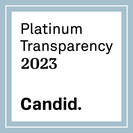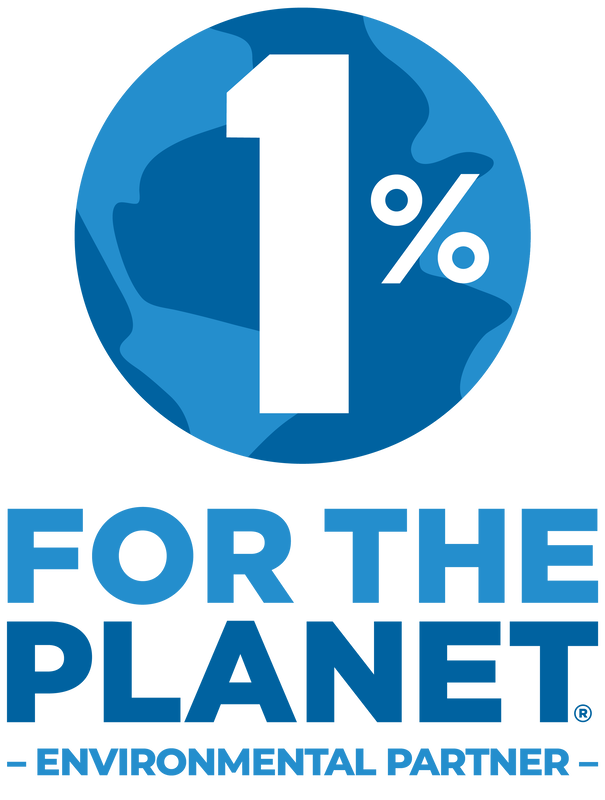|
By Liz Fitzpatrick, Jessica Redden and Tyler Valdes Teaching during the COVID-19 pandemic has been a challenge for educators across the United States. In the Navajo Nation, limited access to electricity, running water, and the Internet has made distance learning an even more difficult task. At Whitehorse School in Montezuma Creek, Utah, 80% of students do not have access to the Internet at home. “Not being able to interact with the students face to face has been hard...there are days where I only have four students or just one joining in because of the lack of Internet access,” reflected Brittany Redhouse, a Whitehorse teacher. To continue providing meaningful learning opportunities to their 288 students who span 6 grades during shelter-in-place, Whitehorse School teamed up with the PowerUp! Empowered Education Program. PowerUp! sent education kits and supplies with essential items like school materials, books, solar powered lanterns, hand sanitizer, and masks to 7,000 students, including those who attend Whitehorse. These kits also included a mini solar powered car that students could build and experiment with, and SEI’s contribution: learning materials focused on solar energy to go along with the car. These learning materials were a hit, so Whitehorse School requested to meet with the SEI team to discuss the support they might want going into this unprecedented school year. Teachers expressed a need for accessible, offline sustainability learning resources that they could tailor for their students. SEI designed a STEM sustainability curriculum packet in collaboration with Whitehorse teachers, meeting with them regularly to hear feedback and ensure that the materials were appropriate, useful, and beneficial.
According to Redhouse, the SEI curriculum “was easy to put into distance learning because it was guiding students every day what to do.” One student shared that their favorite part was working “to understand why solar powered cars would be better, not only for the planet, but also for people as well.” Full of activities that students could complete at home, without internet access, the packets were a major success. Seeing how effective these distance learning packets were to engage students, Whitehorse Principal Kim Schafer brought the SEI team into a video meeting with teachers of all subjects. History, science, art and math teachers came together to discuss how Whitehorse students could learn about a range of subjects through curriculum centered on one topic: climate change. SEI’s climate change curriculum provided the foundation for an interdisciplinary curriculum packet. Through these learning materials, students developed a deeper understanding of climate change and its impact on their daily lives. Students “created their own posters of different issues that relate to climate change and a lot of them learned from each other” shared Whitehorse teacher Kim Dee. These students live near oil fields in Montezuma Creek, so Dee said “it was really exciting to connect to real life issues in their community.” According to principal Schafer, this approach “kept more students engaged than if they had done eight different classes.” In total, Whitehorse students fulfilled seven different subjects through this climate change focused curriculum: science, math, Navajo language, history, art, health, and music. SEI’s work with Whitehorse was made possible through our PowerUp! partners Swinerton Renewable Energy and Heart of America. As the COVID-19 pandemic continues, the PowerUp! Team plans to continue collaborating with Whitehorse teachers and administrators to create engaging, interdisciplinary curriculum. This partnership makes clear that it is possible to provide quality education even in the face of significant distance learning challenges. Learn more about SEI’s sustainability curriculum and opportunities for schools here.
1 Comment
|
Get In TouchDo you know an environmental leader who should be featured in a story? Reach out to [email protected]. Categories
All
Archives
April 2024
|
Get Involved
|
Contact Us
|
SEI Headquarters
100 Smith Ranch Road, Suite 124 San Rafael, CA 94903 Phone: (415) 507 - 2181 Email: [email protected] States where we work:
Arizona California Colorado Indiana Maryland New Mexico New York New Jersey North Carolina Oregon Washington Virginia |
ConnectSubscribe to the SEI quarterly newsletter to get involved and receive updates
|
SEI is a 501(c)3 nonprofit organization.

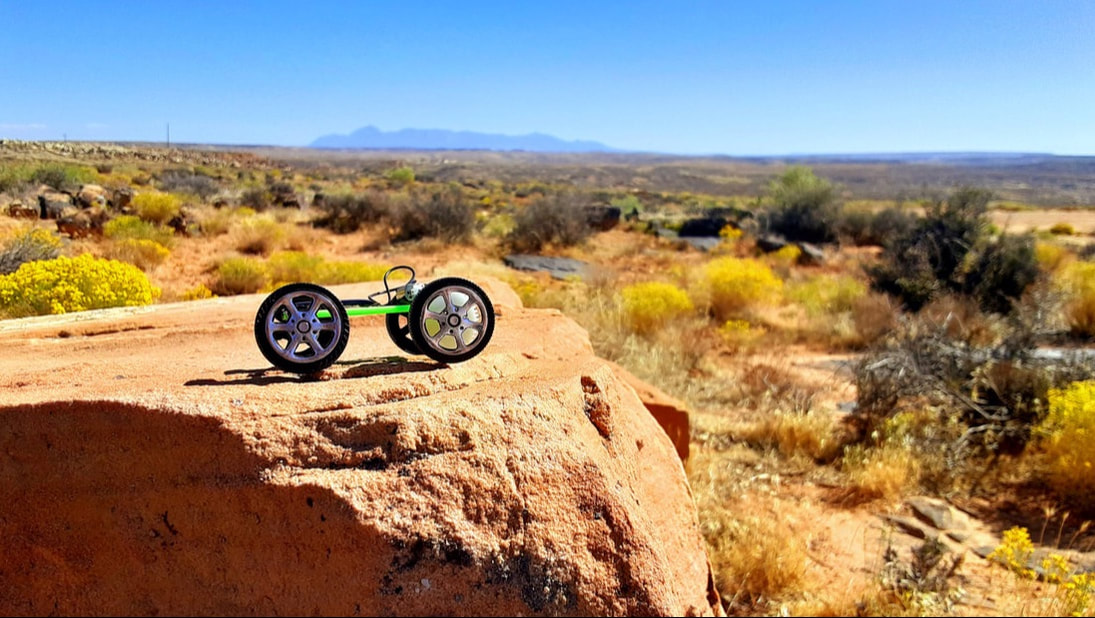
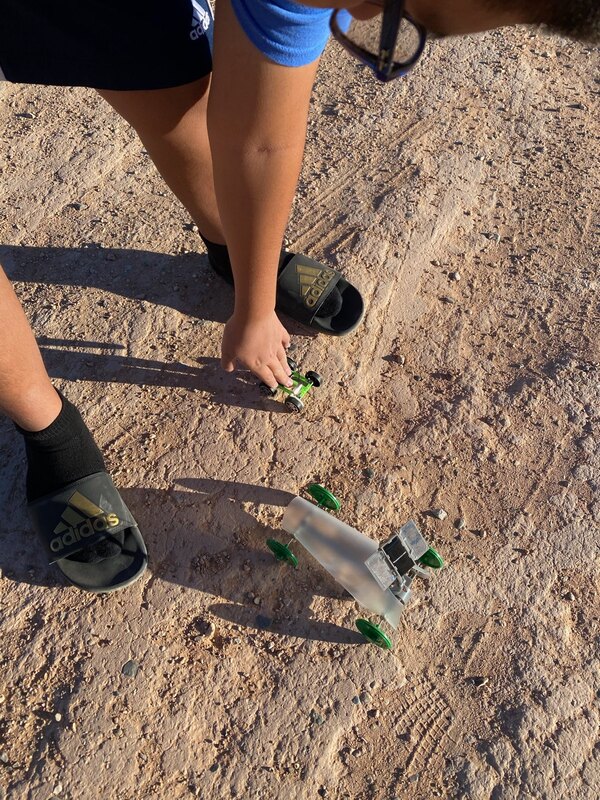
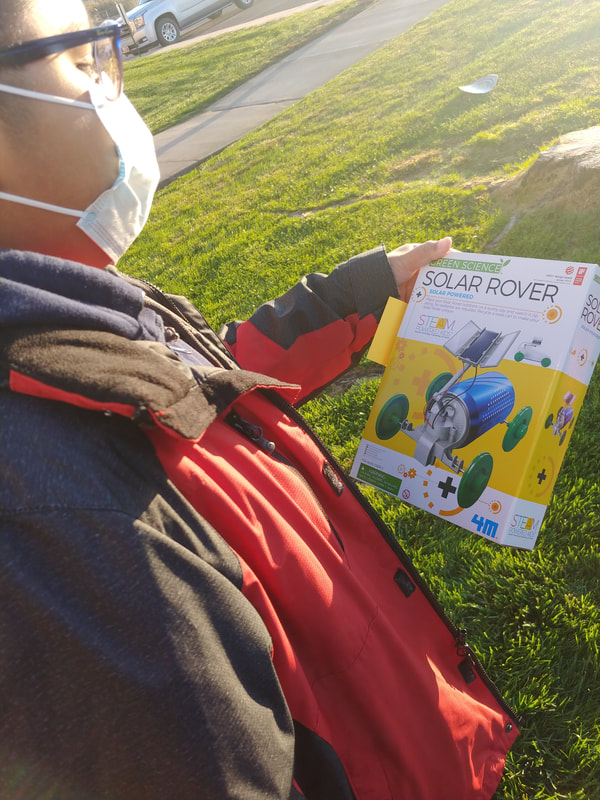
 RSS Feed
RSS Feed
